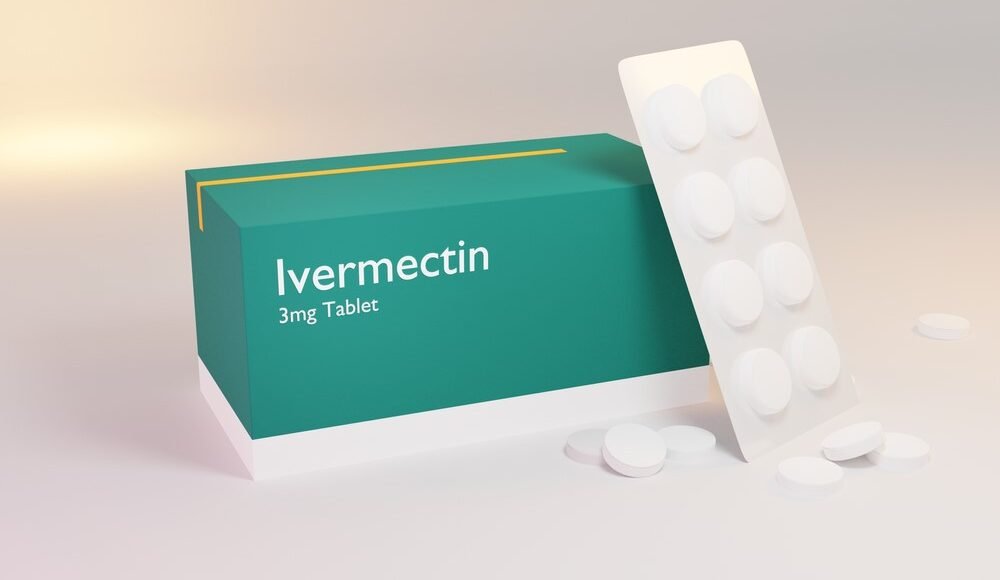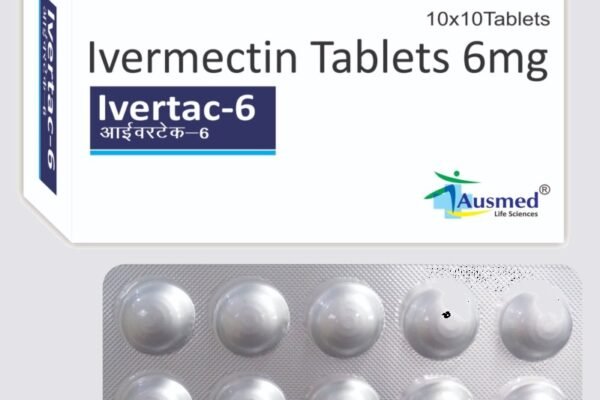A Promising Strategy To Reduce Malaria Transmission!
In the relentless battle against malaria, researchers and health professionals are constantly seeking innovative solutions to reduce transmission rates and save lives. Among these solutions, the potential use of Ivermectin has emerged as a promising avenue for intervention.
Let’s look into the role of Ivermectin in combating malaria transmission!
Note: Make sure to always consult a medical professional before using any such products!
Check out our website XPressPillStore, to buy Ivermectin tablets in Houston!
Understanding Malaria Transmission
Before delving into the specifics of Ivermectin’s role, it’s essential to grasp the intricacies of malaria transmission. Transmitted through the bite of infected mosquitoes, malaria remains a significant global health challenge, particularly in regions with limited access to healthcare resources. Traditional prevention methods such as bed nets and insecticide spraying have shown efficacy, but novel approaches are needed to further curb transmission rates.
The Potential of Ivermectin
Ivermectin, a widely used antiparasitic medication, has garnered attention for its potential in reducing malaria transmission. Initially recognized for its effectiveness against parasitic infections such as river blindness and elephantiasis, recent research suggests that Ivermectin may also have a role in combating malaria. Its mode of action involves targeting the mosquito vector rather than the parasite itself, making it a unique candidate for transmission control.
Mechanisms of Action
One of the key mechanisms through which Ivermectin operates is by disrupting the development of malaria parasites within mosquitoes. When mosquitoes feed on blood containing Ivermectin, the drug inhibits the parasites’ ability to mature within the insect’s gut, rendering them unable to infect humans during subsequent bites. This interruption of the transmission cycle presents a novel approach to malaria control, complementing existing preventive measures.
Efficacy in Field Trials
Several field trials and studies have investigated the efficacy of Ivermectin in reducing malaria transmission. Preliminary results have been promising, demonstrating significant reductions in mosquito infection rates and subsequent malaria transmission in treated populations. These findings underscore the potential of Ivermectin as a complementary tool in malaria control strategies, particularly in regions where traditional methods may be insufficient.
Challenges and Considerations
While the prospect of using Ivermectin to reduce malaria transmission holds promise, it is not without challenges and considerations. Concerns regarding drug resistance, environmental impact, and scalability must be carefully addressed through further research and strategic implementation. A
Future Directions
Looking ahead, ongoing research efforts aim to elucidate the optimal dosing regimens, delivery mechanisms, and integration strategies for Ivermectin within existing malaria control programs. Continued collaboration and investment in research and development will be crucial to realize the full potential of Ivermectin as a tool for reducing malaria transmission and advancing global efforts towards malaria elimination.
Note: Always consult a medical professional before using any such products!
Visit our website XPressPillStore, to get Ivermectin 3mg tablets in Los Angeles!




1 comment on “A Promising Strategy To Reduce Malaria Transmission!”
Georgia Hudmon
You have remarked very interesting details! ps decent internet site. “Loneliness seems to have become the great American disease.” by John Corry.